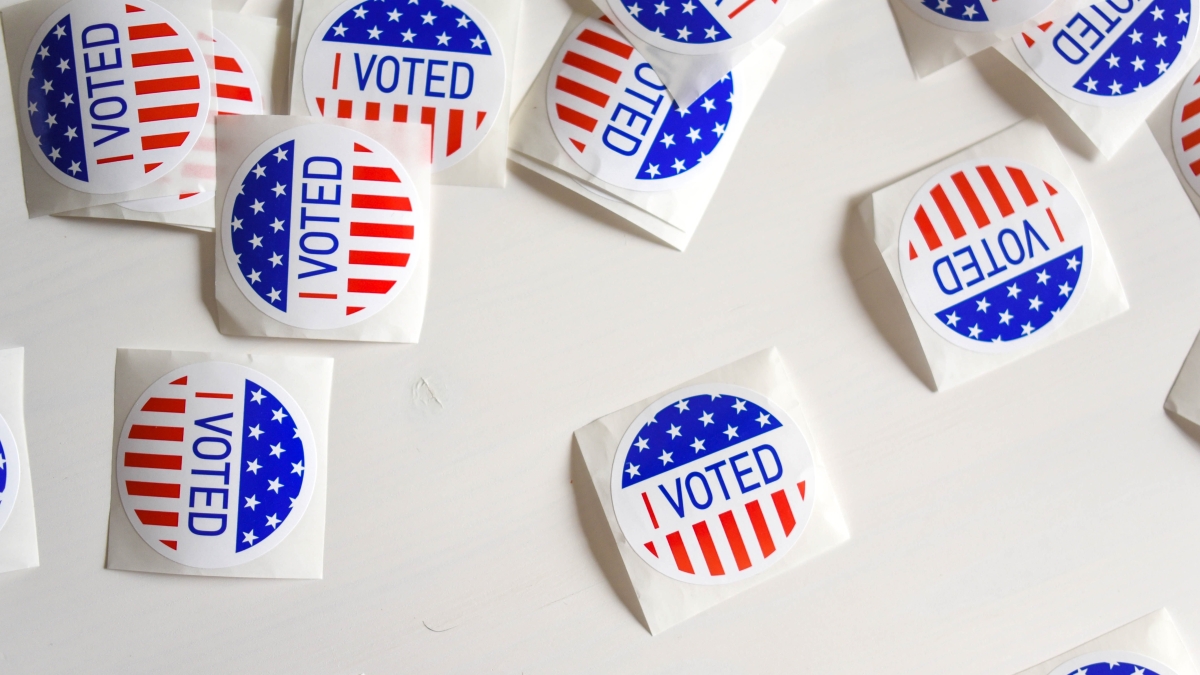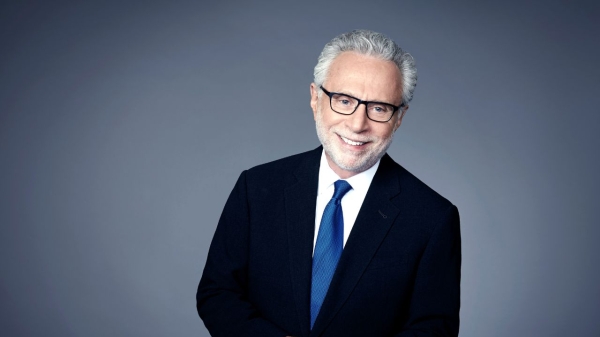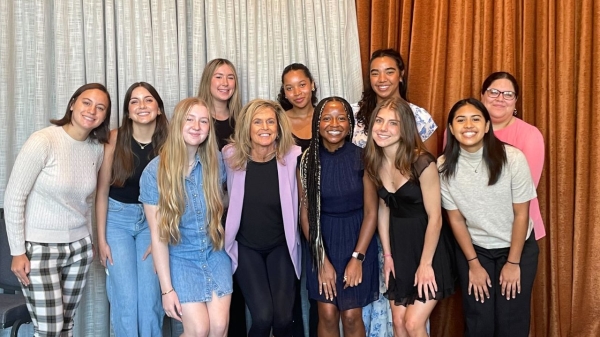4 in 5 Arizona voters in ASU survey favor nonpartisan primary system

Photo courtesy Unsplash
Arizona voters strongly support requiring high-ranking state and local elections officials to be elected in a nonpartisan manner and take an oath to perform their duties in a nonpartisan fashion, according to a new Arizona State University study.
In addition, more than 80% of respondents – including majorities of Democrats, Republicans and independents – said they want Arizona to adapt a nonpartisan primary system. However, a bare majority backed ranked-choice voting.
Voters surveyed took a dim view of election officials overseeing decisions that might impact their own elections, along with publicly endorsing and fundraising for other candidates for office, the study from ASU’s Center for an Independent and Sustainable Democracy revealed.
Moreover, respondents strongly approve of voting by mail and broadly support measures to ensure election integrity, including publicly testing voting machines, enacting stricter requirements for voter identification and auditing election results.
The survey of 1,063 Arizona registered voters was proportionally divided among Republicans, Democrats and independents, and reflected the state’s ethnic, education and age makeup. It was conducted by telephone May 17–26, and the results have a margin of error of plus-or-minus 3.1%.
The survey, funded by the Arizona Clean Elections Commission and Greater Phoenix Leadership, was initiated to better understand which changes and adjustments might increase voter confidence in Arizona’s election system.
The study found significant areas of agreement among respondents, despite heated and polarizing rhetoric from both ends of the political spectrum, said Thom Reilly, co-director of the ASU center and a professor in the School of Public Affairs.
“We found there is a considerable amount of common ground regarding our election system, and voters’ views align more than partisan politics would suggest,” Reilly said.
Center Co-Director Jacqueline Salit said the study represented a “deeper dive into these questions, trying to get past the standard partisan cues and assumptions. Voters responded with a keen sense of needing a new framework and a belief that it’s possible to paint a bright line between partisan actors and nonpartisan administration. So, now we have a roadmap to build upon.”
The study asked voters to weigh in on two major reform initiatives:
- Nonpartisan primary elections: a notion that drew broad and deep support, including from independents, who are now a third of the state’s electorate.
- Ranked choice voting: a practice which involves voters ranking candidates in order of their preference, e.g., first, second, third and so on. Democrats and nonvoting independents comprised the bare majority of respondents in support of ranked choice voting. Republicans who voted in 2022 are strongly opposed to the practice, with non-voting Republicans split on the idea.
The survey’s other findings include:
- 65% of voters surveyed said they are either somewhat or very confident in the outcome of Arizona’s elections, while the same percentage expressed that they believe political interference in elections has increased recently.
- 73% of voters approve of voting by mail.
- Respondents have low levels of trust in all sources of information about elections. In fact, no institutions were trusted by a majority of respondents.
Friends and family, universities and outside election observers were the only groups that were more trusted than mistrusted in the study. Television, radio and print media, social media, clergy, political leaders and business leaders were widely distrusted.
The Center for an Independent and Sustainable Democracy and the School of Public Affairs are part of ASU’s Watts College of Public Service and Community Solutions.
More Law, journalism and politics

CNN’s Wolf Blitzer to receive 41st Walter Cronkite Award for Excellence in Journalism
Wolf Blitzer, the longtime CNN journalist and anchor of “The Situation Room With Wolf Blitzer,” will accept the 41st Walter…

Cronkite School launches Women Leaders in Sports Media live-learn program
Women in a new sports media program at Arizona State University got a solid game plan from a sports veteran at an Aug. 20 welcome…

ASU center to host the Pursuits of Education and Excellence Symposium
The Center for the Study of Race and Democracy (CSRD) at Arizona State University is introducing the Pursuits of Education and…